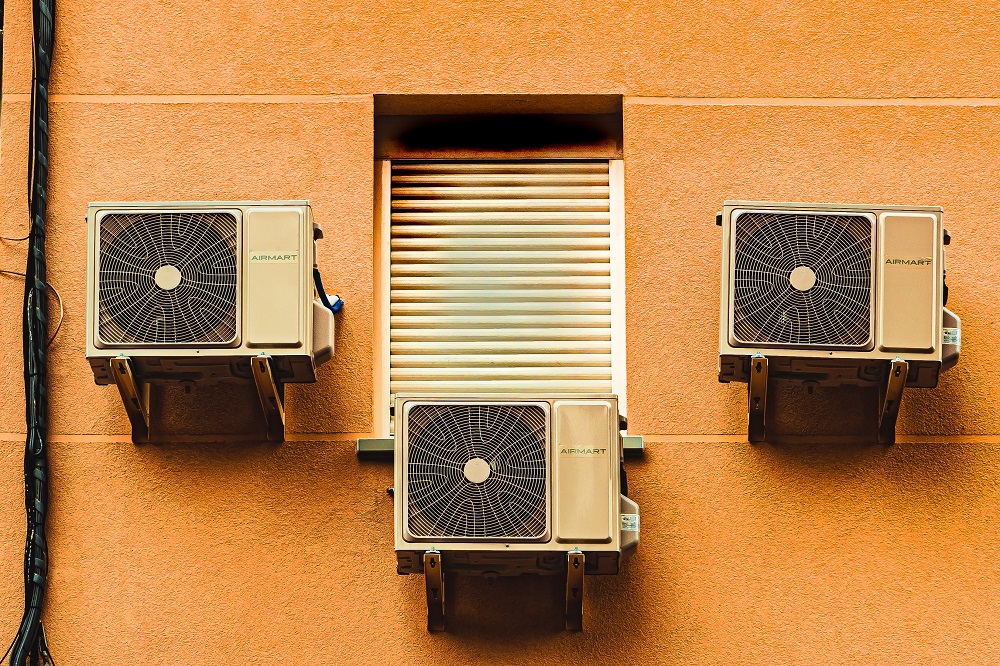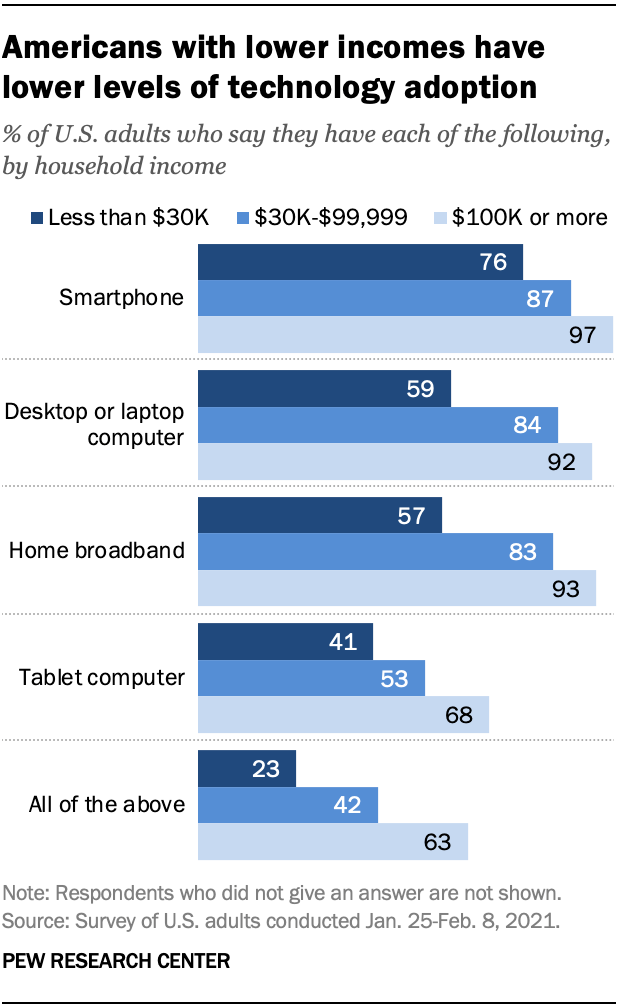
Have we reached a point where items that were once seen as “nice-to-have” are now “medically necessary”? Take for example, air conditioning. As the number of heat waves increases and the number of heat deaths climbs in the elderly population, is it time to change our view and designate air conditioning as necessary?
Air Conditioners
No matter where you live, the impact of our changing environment is being felt. This summer in North America, we are dealing with record levels of drought, forest fires and tornadoes…and we still have a month to go!
In June, western Canada experienced an extreme heat wave. Some cities in British Columbia’s (BC) interior experienced temperatures 20 C above normal. Over 70 temperature records were shattered in a single day. During this heat wave many older adults had to go to the ER for heat-related issues and many died.
On his latest podcast, Dr Brian Goldman @NightShiftMD talked about the situation in BC and how some experts were calling for the Ministry of Health and Public Health Authorities to buy and distribute air conditioners to those who cannot make their way to cooling centers. In the article accompanying the podcast, the author quoted an incredible statistic – that fewer than 40% of households in BC have air conditioning.
The economics, on the surface, makes a lot of sense. Air conditioning units are $200-$300. Add another $300 in labor to install it and you arrive in the neighborhood of $600. Compare that to the cost of an ambulance + ER visit, not to mention the loss of a loved one.
Prepared Foods
Last week, Amy Ma @Ctzen_Improver led us in a fantastic discussion about Healthcare and Climate Change. [I’m convinced that Amy’s discussion was what led me to take special notice Dr. Goldman’s latest podcast.]
During the chat, Patricia Anderson @pfanderson brought up a point that really stuck with me:
And the flip side, climate enforcers try to force grocery stores to stop providing prechopped fresh foods, which are so critical for many with disabilities to improve their diet and health #hcldr
— P. F. Anderson is recovering … slowly (@pfanderson) July 21, 2021
And of course, Patricia shared some amazing resources that backed up her point:
- Wasteful Or Useful: Over-Packaging Food
- Pre-Peeled Oranges: What Some Call ‘Lazy’ Others Call A ‘Lifesaver’
- When Accessibility gets Labeled Wasteful
Patricia’s point, similar to that of Dr. Goldman, is that something many consider a “nice-to-have” is actually life-saving and “medically necessary” to certain populations.
Internet + Smartphones
We can’t talk about “medically necessary” without bringing up Internet access and smartphones. As more and more healthcare move digital, those without digital access will be disproportionately affected.

Pew Research, recently released the results of their latest study on broadband and smartphone adoption in the US. The found that:
- 24% of adults with household incomes <$30,000 per year do not own a smartphone
- 43% of adults with lower incomes do not have home broadband
- 46% of adults with lower incomes do not have a desktop or laptop computer
- 41% of adults with lower incomes do not have a tablet
By comparison, 90%+ of adults in households earning $100,000 per year or more have smartphones, computers and broadband.
Tweetchat
Join the HCLDR tweetchat on Tuesday July 27th at 8:30pm ET (for your local time click here) when we will discuss the following:
- T1 What are some “nice-to-haves” that need to be reframed as “medically necessary” for certain populations? Like air conditioning, pre-cut food, etc.
- T2 Who should be responsible for managing & distributing these items to people that need it? Hospitals? Public Health? Support agencies? Non-profits?
- T3 What ideas do you have to convince potential funders (government, corporations, charities) to back the purchase of an item as a preventative health measure?
- T4 Are there examples of programs you have seen, heard of, or experienced that are successful at getting items (technology, food, devices) into the hands of those that need it?
Resources
Ore, Jonathan. “To prepare for future heat waves, classify air conditioners as medical devices, UBC expert says”, CBC, 25 July 2021, https://www.cbc.ca/radio/whitecoat/to-prepare-for-future-heat-waves-classify-air-conditioners-as-medical-devices-ubc-expert-says-1.6111655, accessed 27 July 2021
Danovich, Tove. “Pre-Peeled Oranges: What Some Call ‘Lazy’ Others Call A ‘Lifesaver’”, NPR, 7 March 2016, https://www.npr.org/sections/thesalt/2016/03/07/469521879/pre-peeled-oranges-what-some-call-lazy-others-call-a-lifesaver, accessed 27 July 2021
Butorac, Una. “Wasteful Or Useful : Over-Packaging Food”, The Feed, 29 May 2017, https://www.sbs.com.au/news/the-feed/wasteful-or-useful-over-packaging-food, accessed 27 July 2021
“When Accessibility gets Labeled Wasteful”, CrippledScholar, 4 March 2016, https://crippledscholar.com/2016/03/04/when-accessibility-gets-labeled-wasteful/, accessed 27 July 2021
Vogels, Emily A. “Digital divide persists even as Americans with lower incomes make gains in tech adoption”, Pew Research, 22 June 2021, https://www.pewresearch.org/fact-tank/2021/06/22/digital-divide-persists-even-as-americans-with-lower-incomes-make-gains-in-tech-adoption/, accessed 27 July 2021
“Free phones dialing up health equity for vulnerable people”, UHN, 17 April 2020, https://www.uhn.ca/corporate/News/Pages/Free_phones_dialing_up_health_equity_for_vulnerable_people.aspx, accessed 27 July 2021
Dickson, Courtney. “Western Canada heat wave expected to break daily, all-time temperature records”, CBC, 26 June 2021, https://www.cbc.ca/news/canada/british-columbia/western-canada-heatwave-1.6081519, accessed 27 July 2021
Dangerfield, Katie. “Western Canada’s extreme heat wave: Some experts have ‘never seen’ anything like it”, Global News, 29 June 2021, https://globalnews.ca/news/7989048/heat-wave-western-canada-what-is-causing-it/, accessed 27 July 2021
Image Credit
Photo by Jose Antonio Gallego Vázquez on Unsplash